
Catching up on Lauren Laverne's highly educational Grazia column Lauren Loves... this week I nearly squealed with joy on the tube. Leaping out at me amongst the music, book and deli reviews was a piece on one of my favourite fictional heroines of all time – Matilda Wormwood.
As the train accelerated along the tunnel and the blackness whooshed past me, I felt like I was travelling back through time faster than light. My destination, Downsview Primary School, Upper Norwood, London. The year, 1989.
This was the year I read Roald Dahl’s Matilda and was mesmerised by the story and Quentin Blake’s now instantly recognisable illustrations. I completely agree with Laverne when she describes Matilda as a feminist icon. She is a shy, softly spoken four-year old prodigy whose giant intellect is stymied not only by her despicable parents and her beastly headmistress, but also by her gender.
Matilda is introduced to us by Dahl in the first few pages as The Reader of Books, both sensitive and brilliant - ‘her mind was so nimble and she was so quick to learn that her ability should have been obvious even to the most half-witted of parents’. By the age of one and a half she could talk perfectly using the vocabulary of an adult and at the tender age of three she had taught herself to read newspapers and magazines before moving steadily onto books.
A voracious reader, Matilda’s reading list at the age of four included Dickens, Brontë, Austen, Hardy, Wells, Hemingway, Steinbeck and Orwell to name but a few, which is enough to put any half-witted adult to shame. Including me.
 Matilda is constantly told by her gormless and despicable parents, Mr and Mrs Wormwood, that she is worthless and stupid, and overlooked in favour of her very ordinary brother Michael who is taught by his Dad about the crooked second-hand car business simply because he is a boy. Her Mum is no better, a platinum blonde with garishly heavy makeup who thinks ‘looks is more important than books’.
Matilda is constantly told by her gormless and despicable parents, Mr and Mrs Wormwood, that she is worthless and stupid, and overlooked in favour of her very ordinary brother Michael who is taught by his Dad about the crooked second-hand car business simply because he is a boy. Her Mum is no better, a platinum blonde with garishly heavy makeup who thinks ‘looks is more important than books’.
The villainous headmistress Miss Trunchbull, who once threw the hammer for Great Britain in the Olympics and uses children to practice on, deliberately holds Matilda back and observes that ‘a bad girl is far more dangerous a creature than a bad boy’ and ‘Nasty, dirty things , little girls are. Glad I never was one’. All of this leads to Matilda wanting to get her own back and she discovers a psycho-telekinetic power that allows her to move stuff around and spook out her parents and Miss Trunchbull. And this is where the fun really begins.

Dahl’s storytelling is mischievous and comic and Matilda is laugh-out-loud funny. The book contains all the usual Dahlian humour and gruesome words that we knew and loved (blisters, scabs, grubs to name but a few). Who can possibly forget the hat and the superglue, the boy who got his finger stuck up his nose and Bruce Bogtrotter and the chocolate cake? It is also sprinkled with unexpected episodes that you can appreciate even more now you’re a ghastly grown-up; smatterings of Dylan Thomas poetry and a frightful episode involving her despicable father and a library copy of John Steinbeck’s The Red Pony.
Another reason why Matilda is so special to me is because my primary school class put on a production of Dahl’s classic for our last ever play. If my memory serves me correctly our pleas to our brilliant teacher, Mrs Mohtashemi (our very own version of Miss Honey) to perform Grease were sadly turned down due to budget and creative restraints (disappointing, but slightly ambitious to turn our school hall into the backdrop for an American high school complete with bleachers, a beach, a drive through movie and a fairground but hey, we were always told to aim high).
So Matilda it was and preparations began. Casting completed, Mums drafted in to perform miracles with makeup and costumes, Dads on prop duty, and dress rehearsals out the way, it was time for the show. In what was to be Class Seven’s final production, we acted our hearts out and treated a packed audience (parents, siblings, teachers) to a rollicking musical production which brought the house down and had the audience crying with laughter. There were tears too; we were growing up and moving on to big school (which we all secretly hoped would be nothing like Crunchem High School and that there would be no such thing as The Chokey).
I nervously made my acting debut as Matilda, finally making the break away from previous roles including Nativity Narrator and Recorder Player. My little sister Michelle opened the show as baby Matilda (wearing a nappy, which would never have been allowed in 2011 but was completely acceptable at the time. Sorry Mich.) Ben Crompton played Michael, playing up to the audience with painted on freckles and missing front teeth as he sucked up to my Dad and stuck his tongue out at me. David Whitcher was my miserly, mean crook of a Dad, accessorised with fake bald patch, garish jacket and tie and measly moustache. Devika Gayle played my Nan in Dame Edna Everage glasses and chic pearls and hand bag and Sarah Watkins was the school nurse. Then there was Tessa Xioutas, totally splendid as my mum and surgically enhanced with the use of some very clever props and Dolly Partonesque hair.
Michael Norris was the great talking parrot Chopper, perfecting his talk and squawk to a tea in full rainbow-coloured feathers and tights. Christina was absolutely terrifying as Miss Trunchbull, even the parents were a bit scared, and brilliantly humiliated my fellow classmates throughout the entire production - a class that included Suzy Ackerman, Anthony Foulds (who gave an Oscar-worthy performance as Bruce Bogtrotter with the cake), Jenny McKinlay, Tansel Omer and Viresh Patel looking super cute in bunches (girls) and school shorts (boys).
Tania Gornall, Jonathan Duffell, Katy Fraser and Ryan El-Alfy (RIP, always) were grease-smudged mechanics at Wormwood Motors and did a hilarious and faultlessly choreographed rendition of You Can’t Get Better Than a Kwik Fit Fitter. Definitely not least, Demis Andreou was Doctor Procter in a suit and tie and the obligatory briefcase and Beena Savadia the poor Cook who played an unwilling part in the Bruce Bogtrotter incident.
My heart was broken into little pieces when Matilda finished its long serving theatrical run (one night) and I left Downsview; leaving behind something so very special. A blissfully happy, innocent time full of fun and laughter and amazing classmates and teachers that I knew even at that age I would find hard to replicate again in my life.
Fortunately, and rather uniquely I think, I am seeing Mr Wormwood, my brother, some of the mechanics at Wormwood Motors, my Nan, Doctor Proctor, the talking parrot and the rest of the cast and crew again in 2012 for the next instalment of our Downsview reunion. We are older and a bit more world-weary now, but it is still magic when we meet.
Matilda left a lasting imprint in my mind - the book ultimately celebrates intelligence and good teaching but for me it conjures up a great cluster of emotions just by turning the page.

Yesterday I purchased a fresh new copy of Matilda and I had to resist the urge to write Nicola Greenbrook-Kirby, aged 33 and 2 months in the inside cover in large childish scrawl. On the front cover is Matilda, sat atop a pile of books in a simple cobalt blue long-sleeved shift dress (a nod to minimalism and capturing fashion’s current flavour for the Sixties), the eponymous heroine who was on trend even at the age of four. If you haven’t read the book since you were a little sprog or have never read it as a revolting adult, please do, you are in for a real treat. Published in 1988, Matilda is the biggest seller amongst all of Roald Dahl’s books for children. In Britain alone, half a million paperbacks were sold within six months.
It is a funny, warm and intelligent story which sends out an empowering and brilliant message that it is OK to want to be clever and better and not have to look good, just because you are a girl.
What a marvellous medicine to swallow.

![]()



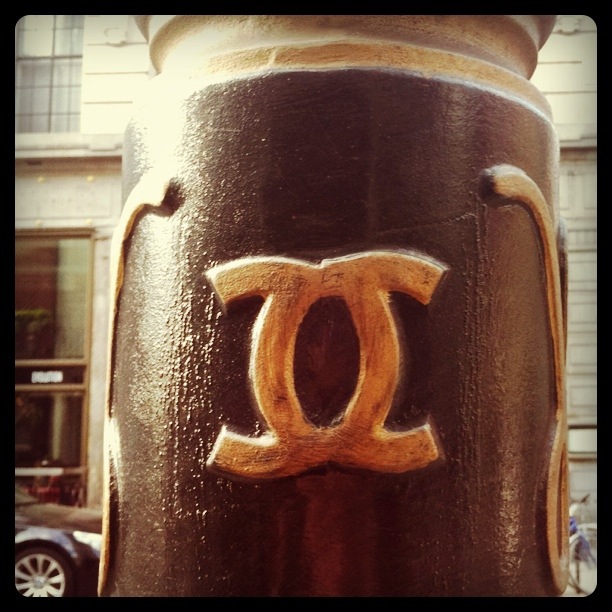
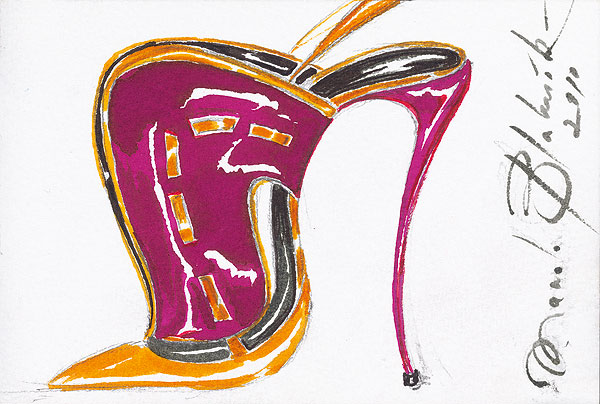
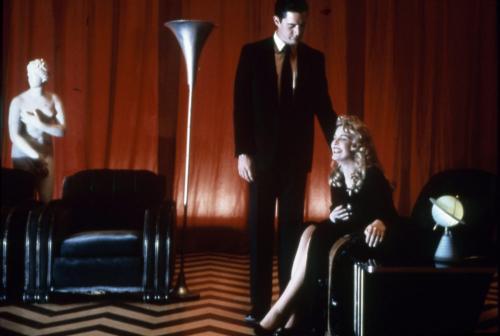
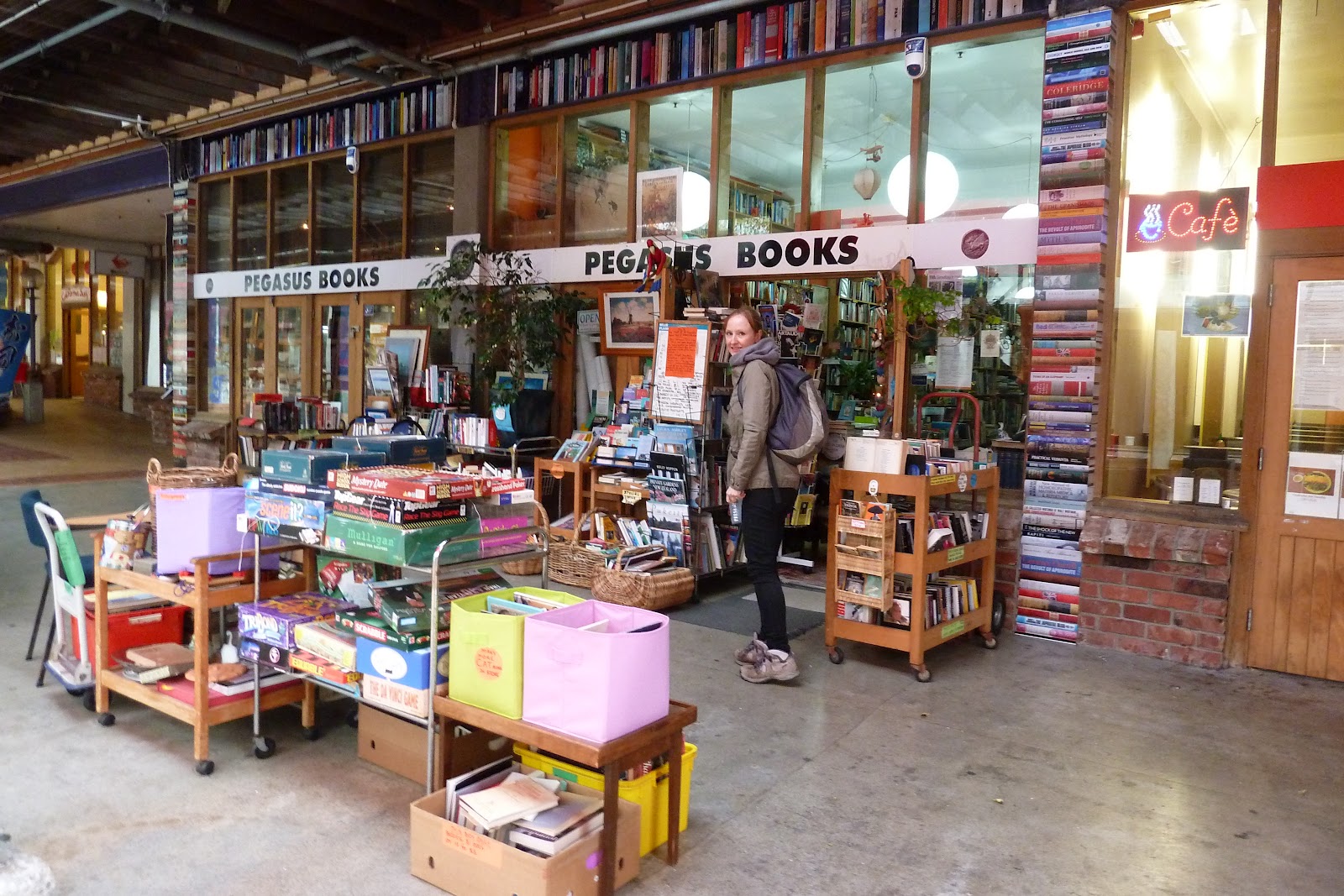
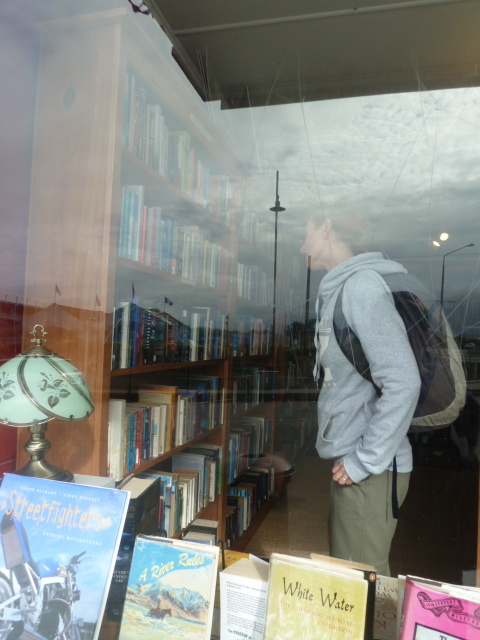
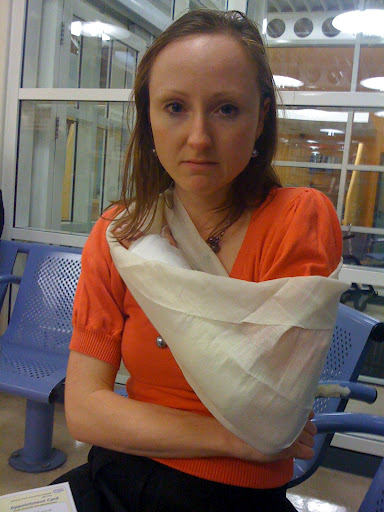
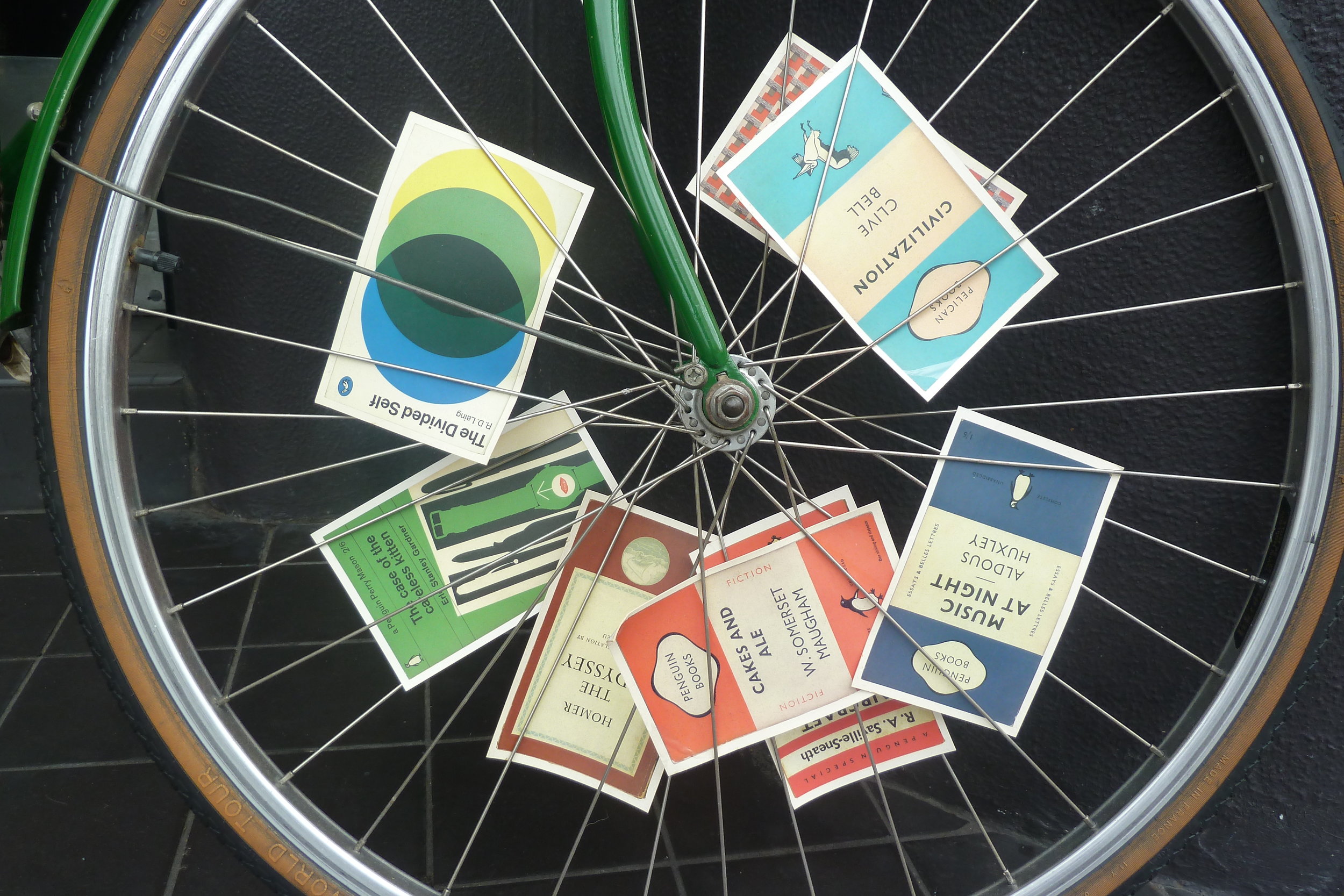
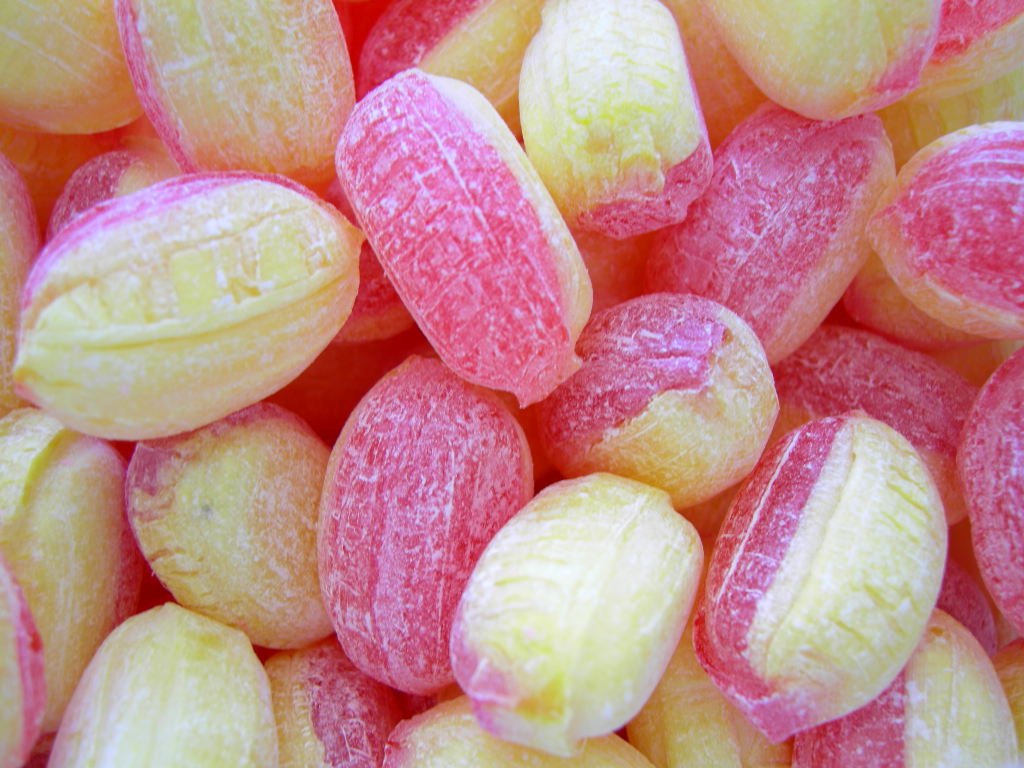
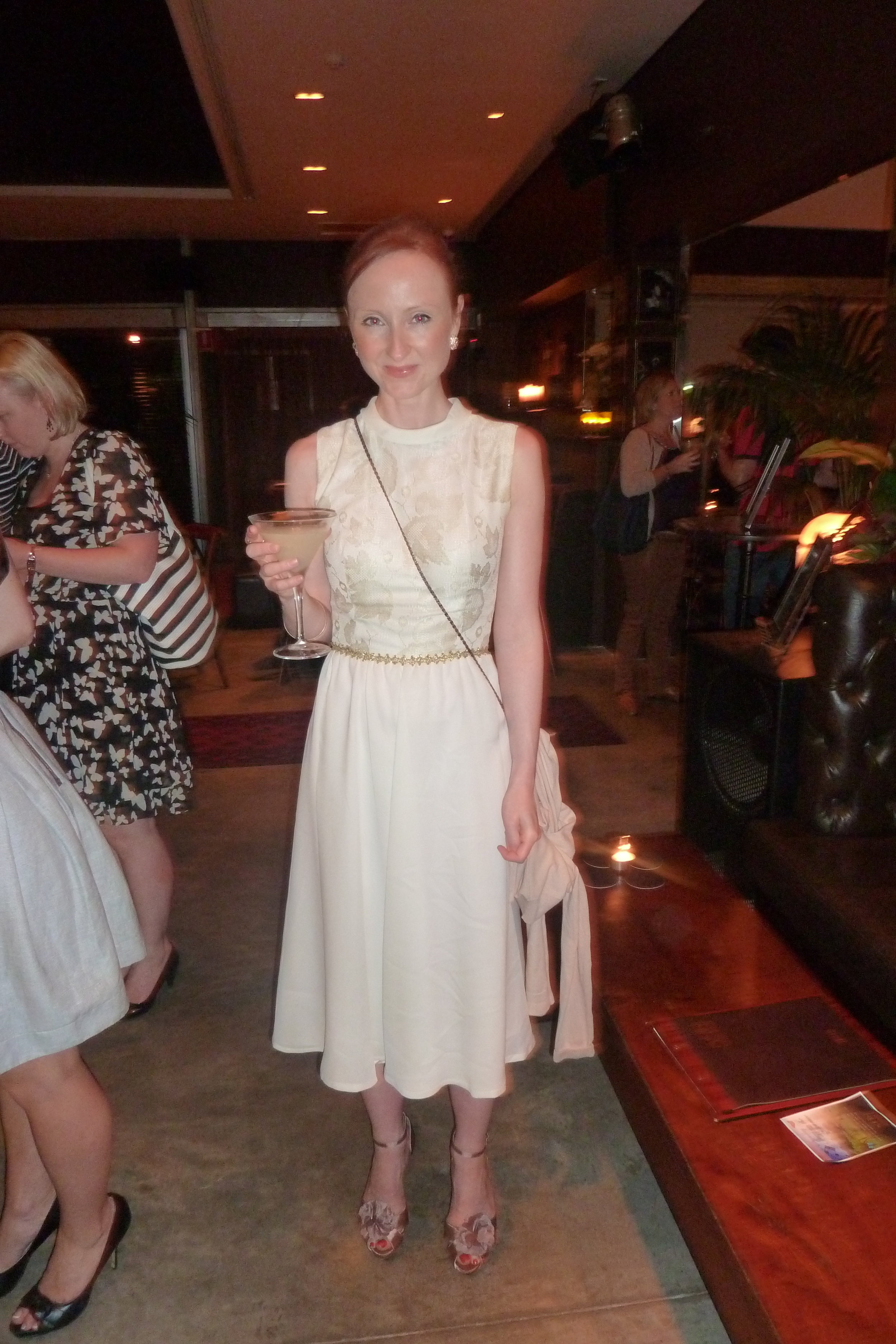
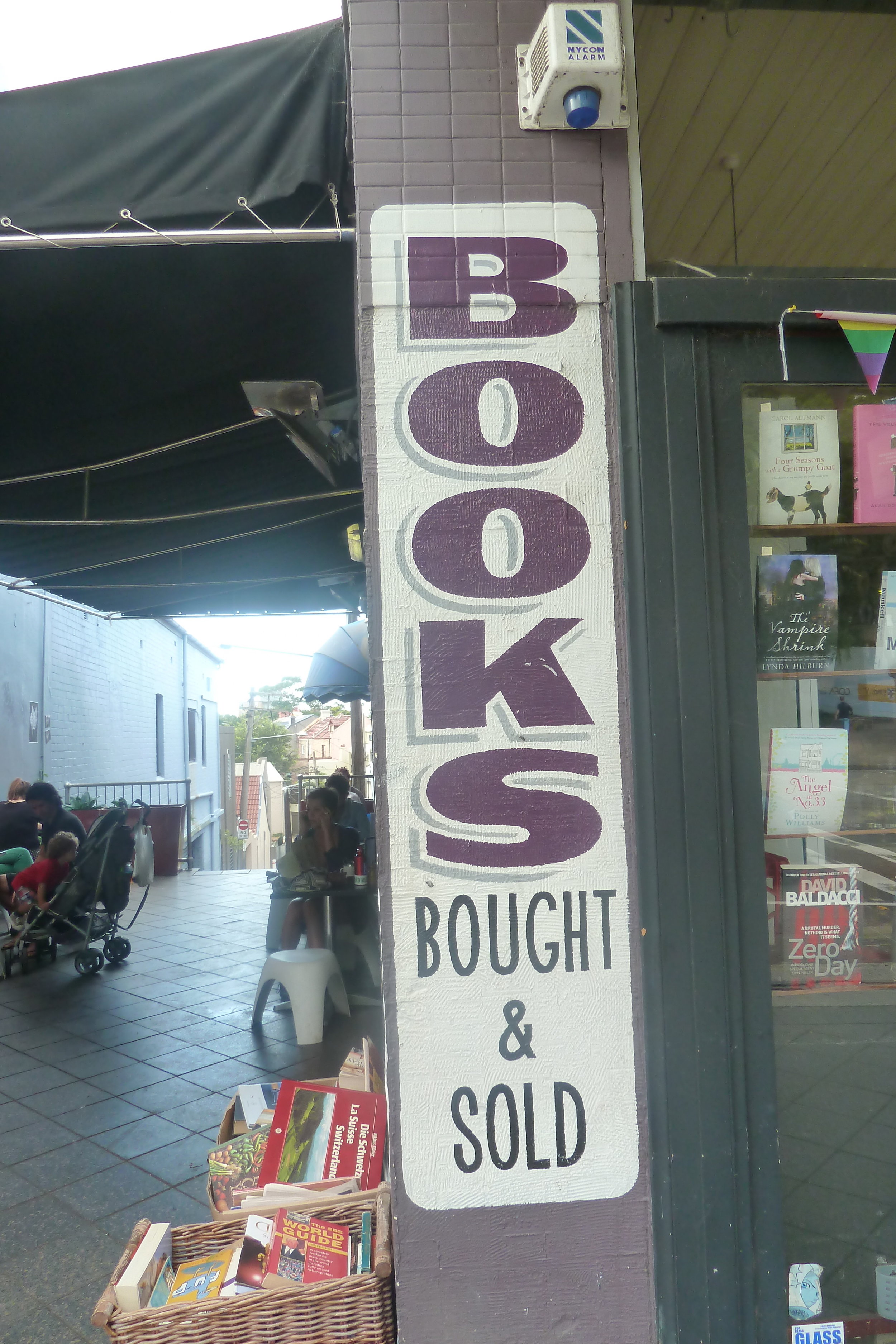
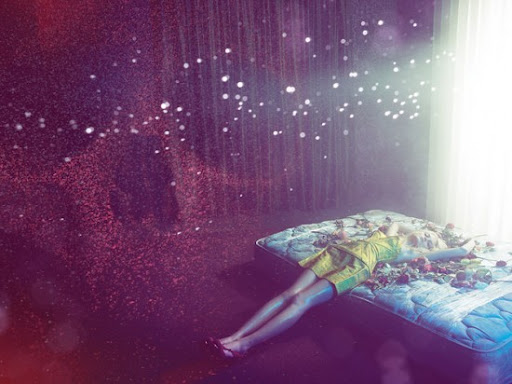




















 Matilda is constantly told by her gormless and despicable parents, Mr and Mrs Wormwood, that she is worthless and stupid, and overlooked in favour of her very ordinary brother Michael who is taught by his Dad about the crooked second-hand car business simply because he is a boy. Her Mum is no better, a platinum blonde with garishly heavy makeup who thinks ‘looks is more important than books’.
Matilda is constantly told by her gormless and despicable parents, Mr and Mrs Wormwood, that she is worthless and stupid, and overlooked in favour of her very ordinary brother Michael who is taught by his Dad about the crooked second-hand car business simply because he is a boy. Her Mum is no better, a platinum blonde with garishly heavy makeup who thinks ‘looks is more important than books’.

